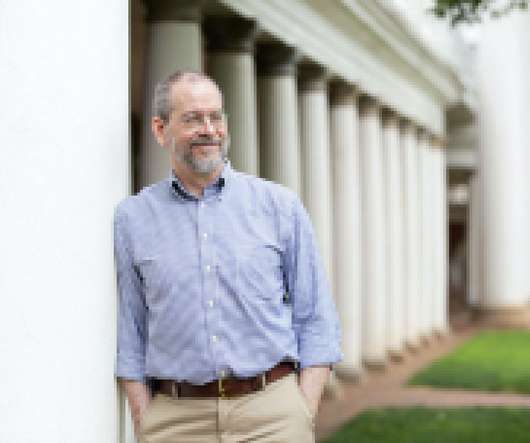Transforming Adult Students into Scholars
Edsurge
JULY 7, 2022
—Charlotte Matthews “These folks come with lots of experiences, whether it’s from jobs or family life, and maybe nobody’s taken the time to really hear their story yet,” says associate professor Charlotte Matthews, who teaches Transformations. The syllabus is structured to inspire confidence and courage.











Let's personalize your content